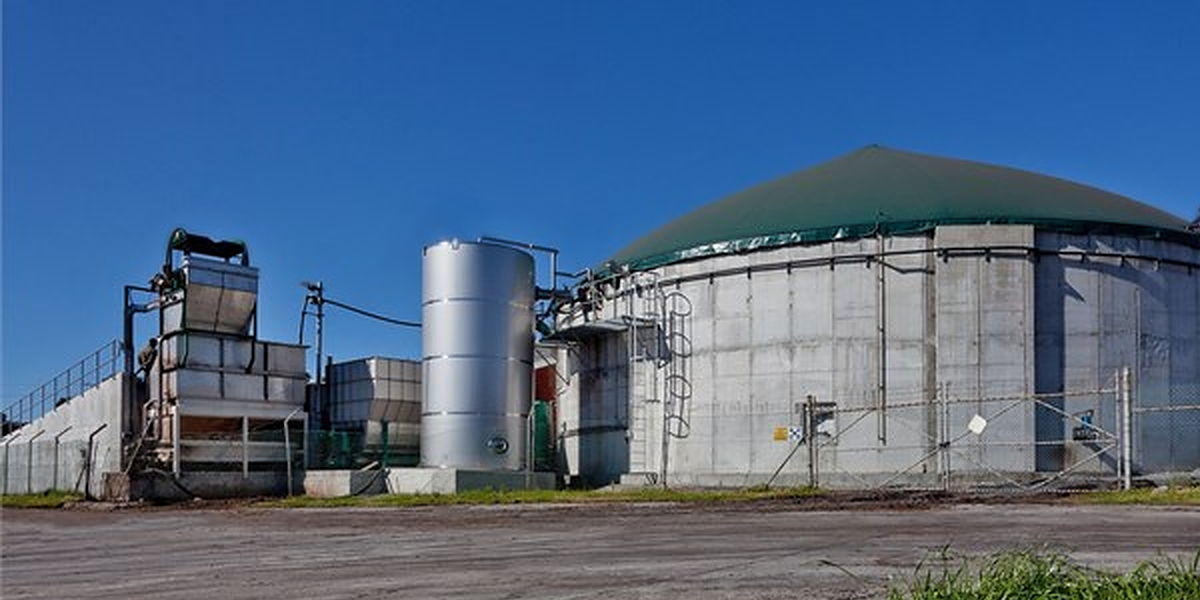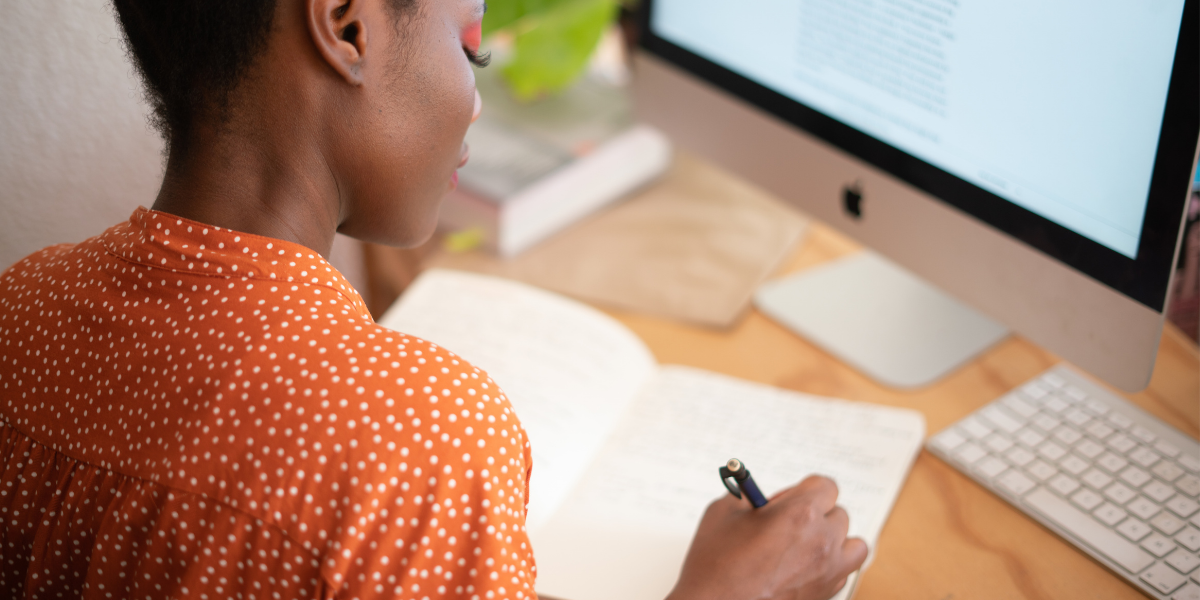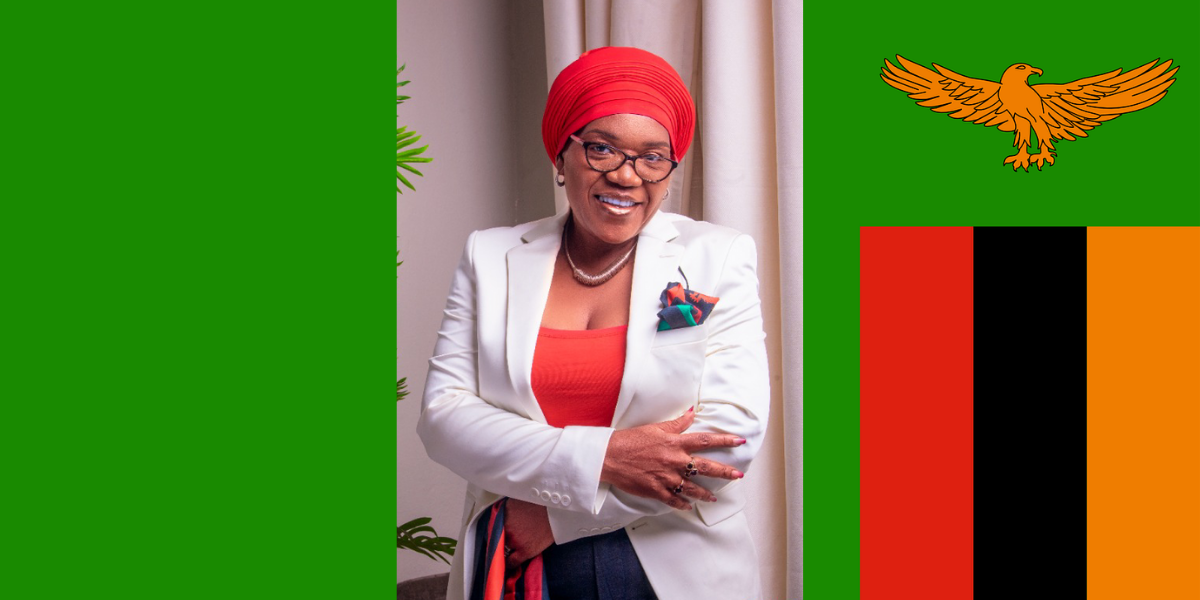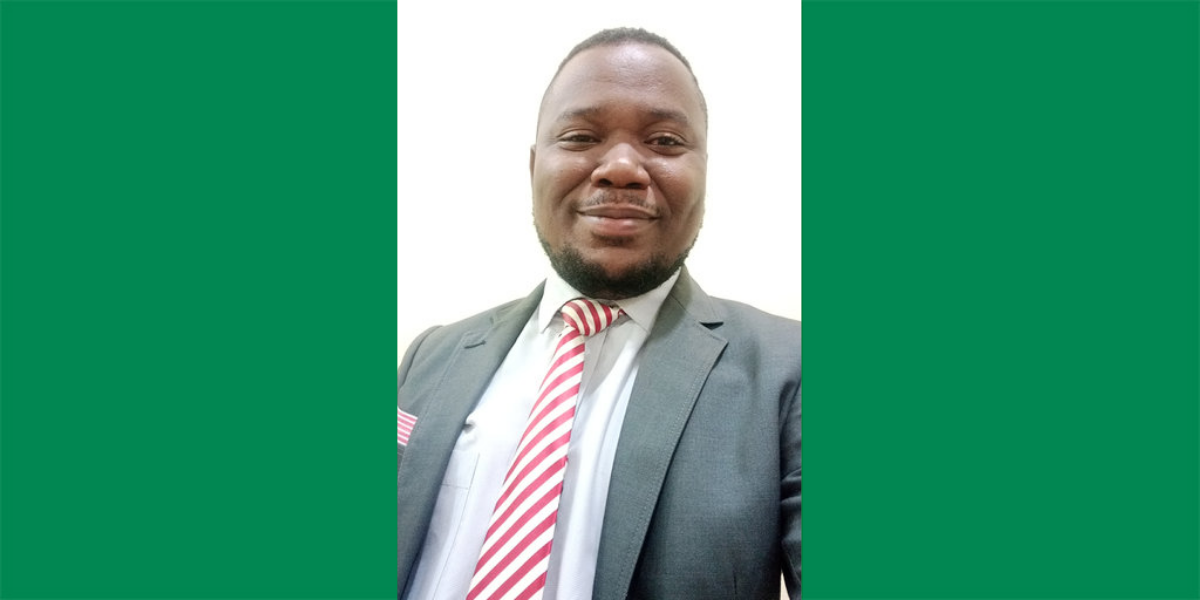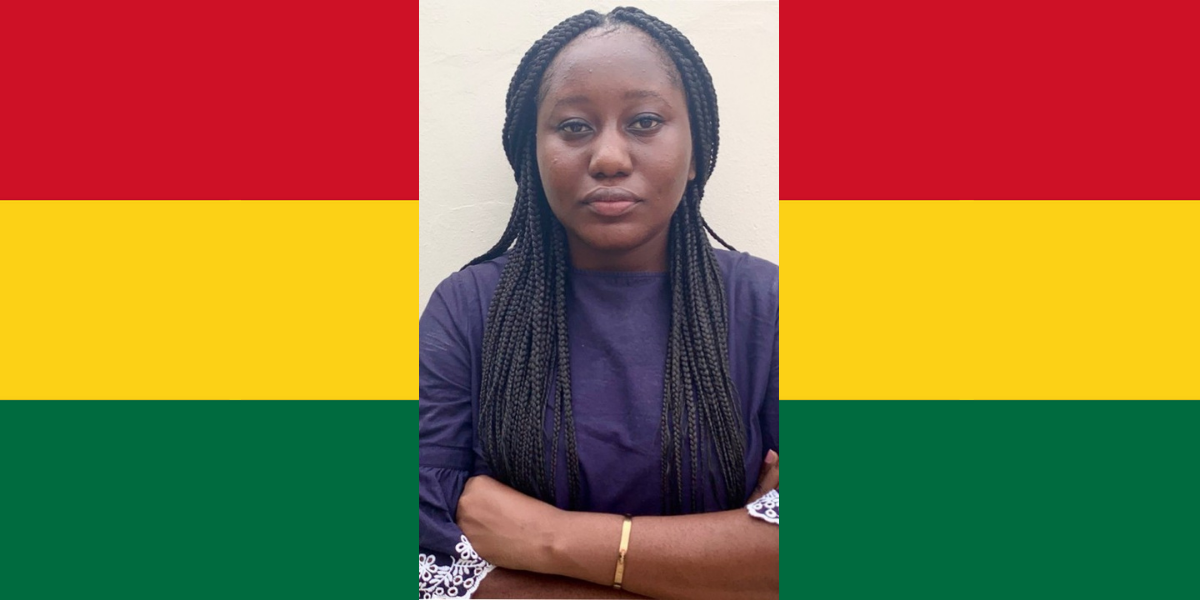
Dzifa Acolor is an operations coordinator for the iWASH Africa project where she is responsible for ensuring the provision of resources and expertise towards the implementation of sustainable water systems for rural communities. She also works as a research assistant on a project aimed at addressing artificial intelligence inclusivity in Sub-Saharan Africa.
To mark Ghana Founders’ Day, a national public holiday observed to commemorate the contributions of all the people, notably the “Big Six” who led the struggle for Ghana’s independence, Dr Akanimo Odon recently interviewed Dzifa to find out a little more about her, her experience with RECIRCULATE and how she celebrates Ghana Founders’ Day.
Please briefly share with us your professional history.
My name is Dzifa Acolor and I work within the environmental sustainability industry. I have worked as sustainability intern for the United Nations Development Programme in Ghana, assisting on various projects aimed at ensuring sustainability in green business, disaster risk reduction and mining. I also got the opportunity to assist administratively the UN Habitat Ghana under the WASH in Disaster Prone Communities Project.
How did you hear about the RECIRCULATE project and what has been your experience engaging with the project so far?
My engagement with the RECIRCULATE project started through a referral by a colleague, highlighting the need for collaboration and knowledge exchange between experts and stakeholders within the circular water economy. Through this, I was offered the opportunity for a residency under the “Water for Energy Production” workpackage to engage with stakeholders to learn more about their processes within the circular economy, specifically anaerobic digestion systems, and how this can be adopted within the African context.
My engagement with the RECIRCULATE project has been truly enlightening. Through the project, I have gained a better understanding of the circular economy and its feasibility not just within the energy and WASH sector, but also within the plastic waste management sector. At the core of the project, RECIRCULATE has presented a great platform for collaboration, bringing together not just researchers but also industry, government and community representatives to learn from one another; by sharing and recommending fit-for-purpose solutions to shared environmental, public health and entrepreneurial challenges, and also towards the achievement of the SDGs. It is also great to see the prioritization of continuous engagement and discussion even after the end of residencies and work packages.
How are you celebrating or how will you be celebrating the Ghana Founders’ Day?
Founders Day will be spent remembering and reflecting on the work of Ghana’s first president, Osagyefo Dr Kwame Nkrumah and the “Big Six” in the attainment of Ghana’s independence. It will also be spent reflecting on their legacy and how far the country has come since its independence and what can be done to improve as a nation.
What would you say are the two biggest challenges you face in Ghana in your line of work?
The current opportunities for growth within my line of work include the provision of adequate and up to date data, within Ghana’s environmental sustainability sector, specifically in waste management. Another opportunity is in the improvement of knowledge management/citizen science and communication within the environmental sector.
Are there opportunities you think can be explored bearing in mind these challenges you highlighted?
In providing avenues, resources, training and systems to ensure provision of adequate and up-to-date data, this greatly minimizes the information gap and helps in ensuring data driven decision making, within the sector. Citizen education also presents an avenue for ensuring better collaboration in solving Ghana’s environmental challenges.
Any final thoughts about your country Ghana?
Ghana has tremendous potential for development, through better education, improved systems, accountability and transparency; not just in governance but in industry, academia and societies. I believe it is possible to attain greater heights in development.
All articles in The FLOW are published under a Creative Commons — Attribution/No derivatives license, for details please read the RECIRCULATE re-publishing guidelines.
